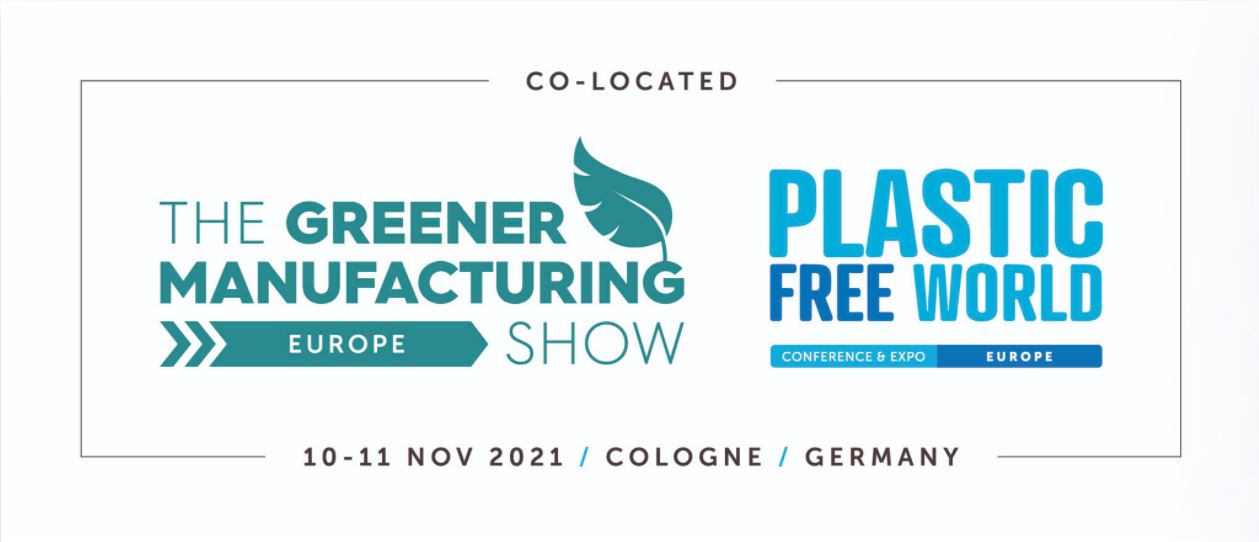The Greener Manufacturing Show Conference

On 11th November, Dr Jonathan Wagner was invited to host a panel discussion at the Greener Manufacturing Show in Cologne, Germany, exploring how to select optimal pathways for recovering value from chemical wastes. The panel included Carlos Monreal, the CEO and Founder of Plastic Energy, one of the world’s leading chemical recycling companies, Babette Pettersen, VP Europe for LanzaTech, the global market leader for gas fermentation technologies and Dr Pieter Imhof, Senior Business Developer of Circular Economy & Environment at TNO, an independent Dutch research and technology development organisation.
There was consensus that there is no single solution to address the complex problem of waste treatment and chemical value recovery. While Europe already has a well-developed waste segregation system and favours energy from waste over landfill, major economies such as the US continue to landfill the majority of their waste and the majority of segregated chemical wastes stem from industry rather than end consumers. Even within Europe, there is a wide variety in the availability and quality of segregated materials. Therefore, Dr Pieter Imhof would welcome a rethink of this system to better match the most effective circular chemical recovery technologies. Meanwhile, Babette Pettersen is not concerned by competition from alternative technologies and even encourages it. LanzaTech’s technology can be adapted to a wide range of feedstocks and demand for their product far outstrips current production capacity. Similarly, Carlos Monreal stressed the importance of working alongside other technologies to recover higher value materials before chemical recycling. All panellists agreed on the urgent need for clearer policy guidance to facilitate investment. Despite directly replacing fossil-made feedstocks, chemical recycling does not currently contribute to national recycling targets, while it took several years for LanzaTech to certify their products according to current regulations. However, it was clear that we can no longer wait for international targets and agreements. Change is needed now to avoid long-term lock-in into linear chain solutions.